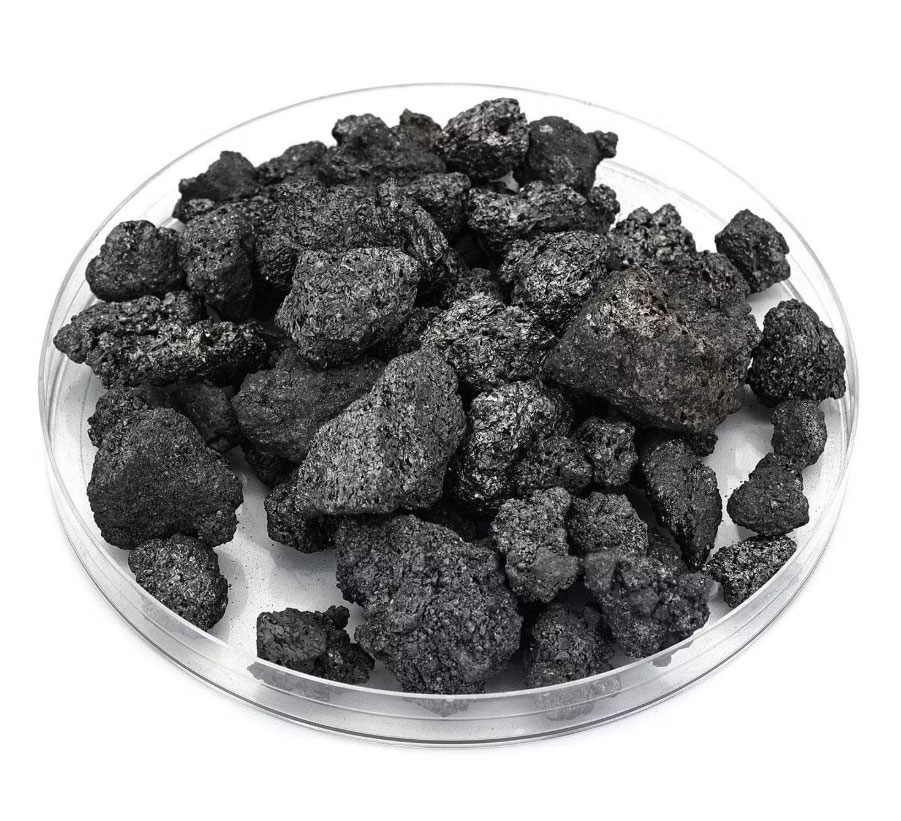
Petroleum coke, also referred to as petcoke or Petcoke is an unrefined carbon-rich byproduct from refinery of oil. It is a dark or black gray solid with a metallic sheen that contains 90-97% carbon, 1.5-8% hydrogen, and other elements such as nitrogen and sulfur. It is formed by the carbonization of heavy residues produced by crude oil processing processes such as atmospheric distillation, vacuum distillation and catalytic cracking.
Steelmakers use coal and natural gas to produce the high temperatures needed to smelt iron ore into. Coke is the main industrial fuel used in the smelting of iron ore. It is the primary source of heat required to melt the coal. In the absence of coke the blast furnace will not be able to function.
Steel production is a significant energy consumer and contributor to greenhouse gas emissions in India. It accounts for approximately 36 percent of India's total energy consumption and nearly 37 percent of greenhouse gas emissions. This is why it is vital to know the significance of fossil fuels like petroleum coke and their use in the production of steel.

Petroleum coke can be used for many industrial uses and is vital in the steel and iron industry. It is a tough porous, low-sulphur fuel that can be used to heat blast furnaces that use coal at a level that allows them to melt iron ore. It is used to produce graphite, steel and other carbon-based materials.
Petroleum coke is a fossil fuel that has a unique chemical composition, which makes it incredibly efficient for direct reduction systems using solid fuels. This is due to the fact that petroleum coke has an increased fixed carbon content than steam coal. This higher carbon content allows the process to reach lower gangue sulphur levels and a higher stoichiometric level of iron reduced.
This higher stoichiometric quality could result in increased efficiency of the plant as well as improving the quality of the reduced iron that is produced. It also helps reduce the clustering of the lower metallic iron as well as the formation of a carbon layer on the metal.
In addition, petroleum coke has a low ash content and is a very stable material. This is due to the fact that it's formed by heating the coal in the absence of air. This removes impurities and produces the product with a substantial carbon content. This is an important factor in improving the stability of the coke and reducing the amount of magnesia and limestone which must be added to the system in order to ensure a stoichiometric ratio. This could result in significant savings in cost and lower levels of emissions.

Write a Message